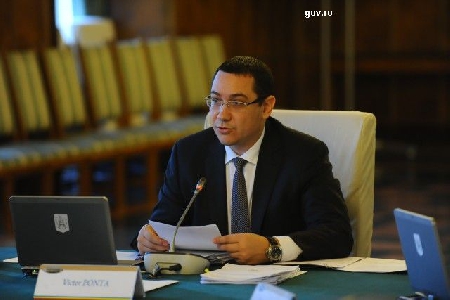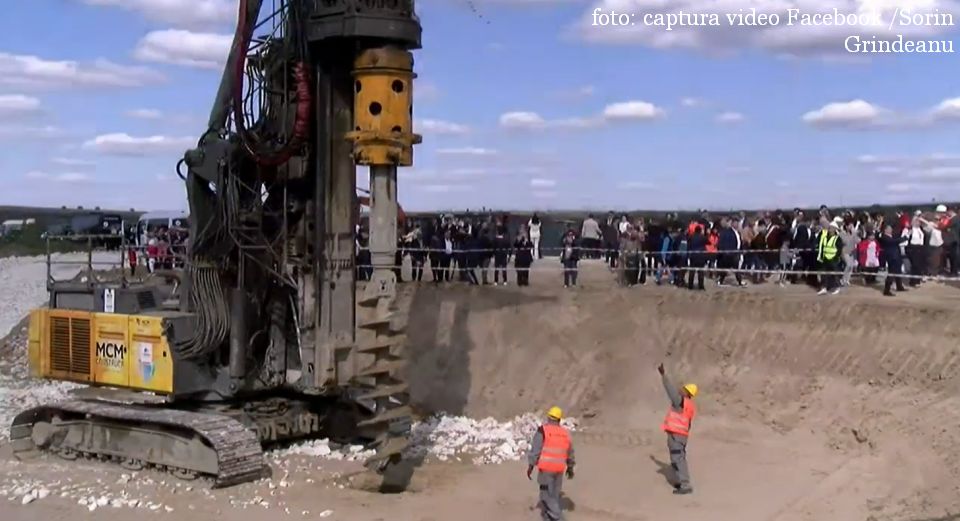Fiscal Measures for 2013
Romanias public budget for 2013 will be accompanied by fiscal measures concerning the companies in the energy industry and agriculture.

Ştefan Stoica, 22.01.2013, 13:58
Deferred late last year until after the parliamentary elections, Romania’s state budget bill is virtually finalized and is to be discussed in Parliament starting this week. The budget bill will be accompanied by amendments to the Fiscal Code, scheduled to take effect on February the 1st. The amendments concern the taxation of companies with a turnover below 65,000 euros, the introduction of additional taxes on turnover resulting from the exploitation of natural resources and on companies in the energy sector, as well as the taxation of farmers who receive subsidies, but declare no profits.
Victor Ponta: “There is a special tax on companies exploiting natural resources, such as gold, oil, gas. As regards the farming tax, we try to broaden the category of farmers subject to taxation in agriculture, so that virtually all those who receive subsidies from the Agriculture Payments and Intervention Agency should pay lower taxes than they used to. The tax will be applicable to more farmers than it is at present, but only to those who own more than two hectares of farm land, and more than a specific number of animals, respectively. The farming tax will not be applicable for subsistence farming.”
All those measures have been discussed with the IMF officials, who are in Bucharest, together with representatives of the European Union and the World Bank, for a new assessment of the precautionary stand-by agreement with Romania. The IMF experts have warned that the plans to overtax the business in the natural resources sector, although justified in terms of budget revenues, may result in a decrease in investments in the energy sector. The President of the Foreign Investors’ Council, Steven van Groningen, has said in his turn that the measure threatens to have a negative impact on how Romania is perceived by prospective foreign investors.
On the other hand, IMF experts argue that public funding should continue to be provided to private healthcare units, in spite of the government’s intention to reduce it. The foreign experts have also discussed the arrears in the healthcare sector and the need for state-funded companies to pay their invoices in due time, particularly in light of a European directive in this respect, which will come into force this March.
The measures announced by the Ponta Cabinet also include an increase of the national minimum wage. The increase will be operated in two stages, bringing the minimum wage in Romania up to 800 lei (over 180 euros) as of July the 1st. According to the governing plan of the Social Liberal Union, the minimum wage will be raised to 1,000 lei in 2013-2016.






























